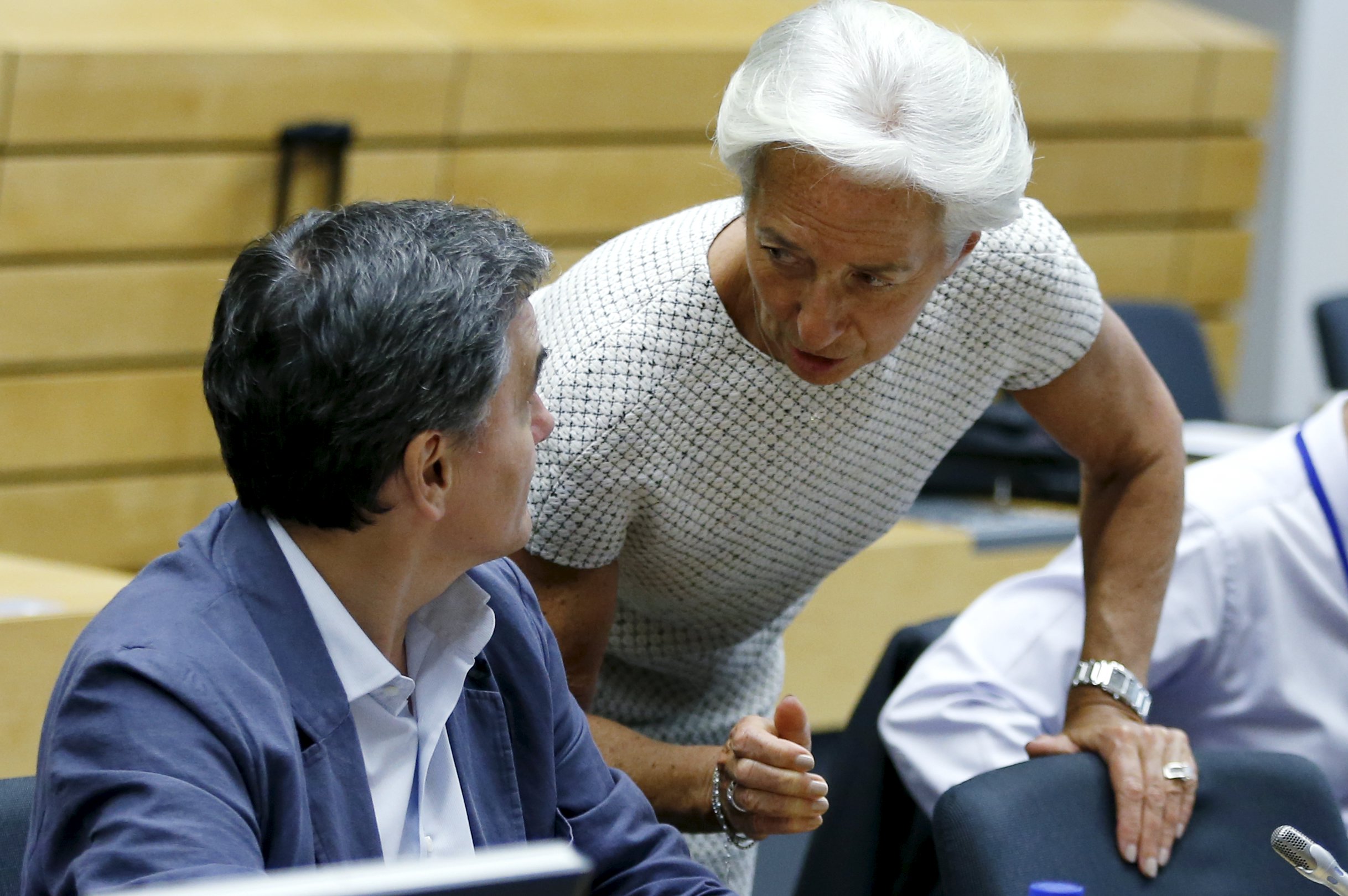Even as the government has been expanding its discussion of prospective handouts, the IMF has cut off any discussion of taking back planned pension cuts.
The IMF is currently in Athens for talks with finance ministry officials. The aim is to collect as much data as possible in order to draft its debt sustainability report on the Greek economy. The report will be released in mid-July.
Meanwhile, Finance Minister Euclid Tsakalotos is promising tax cuts. He said that in July he will present a study to the prime minister, on the basis of which it will be decided where and how the 700mn euros in tax cuts planned for 2019 will be made.
Those cuts will be incorporated in the 2019 state budget, which will be submitted to parliament in October.
On the pensions front, if there are no new agreements on the political level, creditors will demand that the government implement the agreed upon cuts as of 1 January, 2019.
The government, however, believes that pensions will not be cut.
Alternate Foreign Minister Yorgos Katrougalos said, “There is no reason to cut pensions, as the EFKA [insurance fund] has a surplus and we are reaching surplus targets.”
Creditors, however, in their public statements have never suggested that this is a prospect.
At the same time, the statements of international analysts, regarding low birth rates and the viability of the insurance system, stir concerns over how the markets would accept such a development in the context of a “clean exit” from the bailout memorandum.
On labour issues, the government is exploring the possibility that creditors might accept the first increases in the minimum wage this year, instead of in 2019.
Discussions with creditors will also focus on the transfers of civil servants, the meritocratic appointment of general secretaries at ministries, changes in the minimum wage, and expediting auctions of seized properties and the resolution of non-performing loans.





